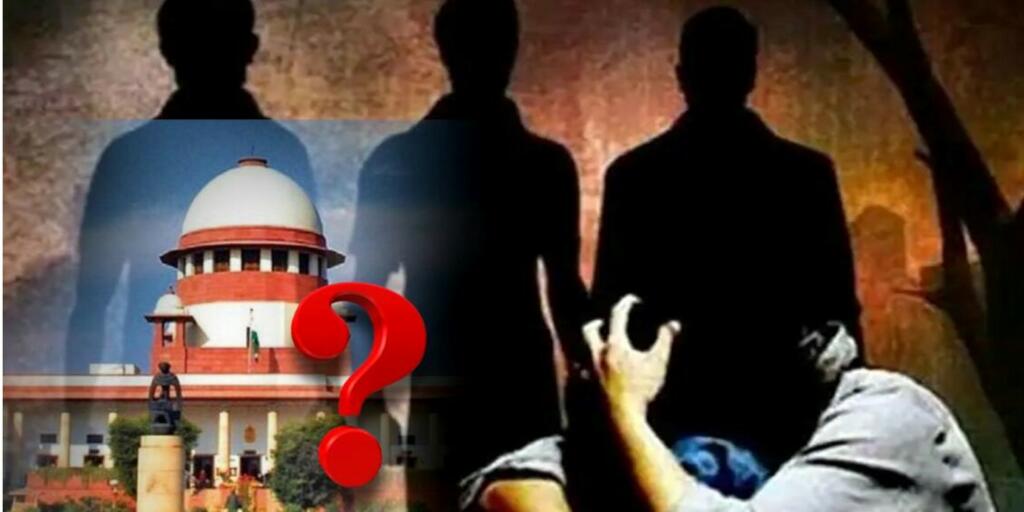As said aptly “भय बिनु होइ न प्रीति” and Uttar Pradesh is the best example of that regarding the law and order situation. If there are some problems within the society, within the system and people are taking advantage of the loopholes, committing heinous crimes without any fear of law or punishment, then it becomes necessary to give free hand to law enforcement agencies. This is the only way to create fear in these types of anti-social elements. This is necessary for the maintenance of civilisational values. In our country, Courts hold the supreme power, however, it seems like they are using it to do mercy on the barbarians.
Courts and Mercy: Not a new phenomenon
In the past few years, there have been many cases in which different courts have granted bail to people accused of heinous crimes, rape and murder. For instance, the Bombay high court granted bail to a man accused of rape, on the condition to marry the victim.
And once again, three men facing death penalty walked free yesterday after the Supreme Court acquitted them in the Delhi Chhawla gangrape and murder case. Back in 2014, Delhi’s trial court convicted all three of them for the abduction, gang rape and murder of a 19-year-old girl in Delhi in 2012 and awarded them death penalty. The case is in the public domain as Delhi Chhawla case. The Delhi High Court upheld the verdict, however, the Supreme court overturned the verdict. A bench, comprising Chief Justice of India UU Lalit and Justices Ravindra Bhat and Bela Trivedi, set aside the order of conviction passed by the trial court and Delhi High Court and directed them to be set free.
Travesty of justice
The trial court had termed the case as “rarest of the rare ” and the brutality was no less than the Nirbhaya case. But following the liberal tenet of “Every sinner has a future”, the apex court acquitted the convicts.
In the Delhi Chhawla case, the court pointed out the lapses in the investigation process. The court said, “It has been noticed from the record that out of the 49 witnesses examined by the prosecution, 10 material witnesses were not cross-examined and many other important witnesses were not adequately cross-examined by the defence counsel.” However, lapses in the investigation must not have held the court of law from delivering justice to the 19-year-old victim. To ensure justice, the honourable court could have ordered a retrial in the case and held the investigating team liable for all the lapses.
Also Read: Introduction of Human Rights in the Indian Legal System
“Every sinner has a future”, a pious but flawed concept
There is widespread discontent regarding the decision of Supreme Court. However, earlier as well, the Supreme Court had quoted Oscar Wilde (Irish poet) while reducing the death sentence of Firoz, a man accused of raping a 4-year-old girl child. The court stated, “The only difference between the saint and the sinner is that every saint has a past and every sinner has a future.” These cases where the accused facing death penalty are acquitted bring down the morale of society. As the end result is people accused of heinous crimes walking free, sometimes due to earlier procedural lapse and other times due to the humane gesture of the courts. These cases act as a booster for convicts and deliver the message that anyone can walk free after committing rarest of the rare crimes.
Liberalism and human rights are okay unless it doesn’t become a shield for criminals. Like in these cases there should be no mercy, no leniency by courts. The convicts in such cases should be treated as evils of society and their punishment should not only set an example but also instil fear.
Support TFI:
Support us to strengthen the ‘Right’ ideology of cultural nationalism by purchasing the best quality garments from TFI-STORE.COM
